10 Best DevOps Tools to Enhance Your Development Process
DevOps consulting services effectively allow the developers and operations team to come together faster in your software development process. Now, IT companies are implying various tools to streamline their development process. So, the utilization of DevOps tools is the turning point.
Now, a question can arise in your mind which are the best DevOps tools that you should opt for? The truth is there are a lot of DevOps tools but it can be a difficult move for you to choose specific DevOps tools for enhancing your software or application’s time to market. In order to ease your difficulties, we have decided to come up with the top 10 tools for DevOps services and solutions.
Before commencing the discussion for DevOps tools let’s read out about the DevOps market growth. According to Markets and Markets, the size of the DevOps market will grow at a CAGR of 19.7% between 2023 to 2028. It is also forecasted that this market will reach a valuation of $ 25.5 billion by the year 2028. This research also forecasted that by the year 2023, this market will be valued at $ 10.4 billion.

So, with DevOps solutions, your software development process can be streamlined and you can enhance the efficiency of your team. Now, let’s begin the discussion about the top 10 DevOps tools.
Top 10 Tools for DevOps Solutions and Services
Here, it is important to understand that DevOps is a practice & best tools are necessary to successfully complete this practice. Once you utilize DevOps tools then it will break out the walls of communication as well as it’ll create trust across the process.
As the right tools will make the automation and integration process will profound. The right amount of tools is required for scalable operations in an effective manner. So, you need to implement the below-mentioned tools in your process.
1. Kubernetes
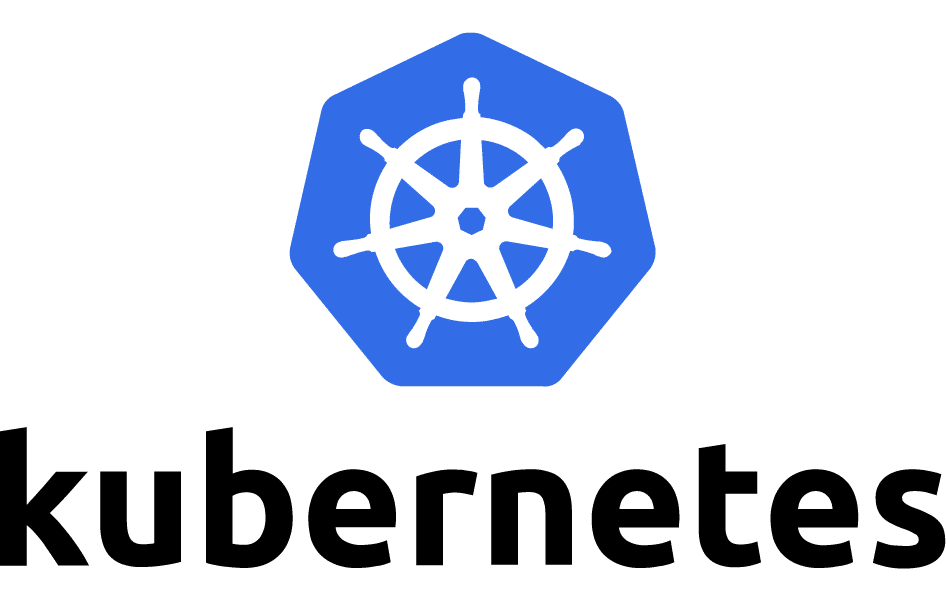
It is an open-sourced tool that is used to manage containerized applications at a large-scale operation. Your team can use Kubernetes for the following purposes such as: automating the operations, managing and monitoring the current development.
Kubernetes will be going to automate all your operational tasks. Furthermore, it also includes in-house commands for deploying applications. If you’re a project manager then you should use Kubernetes for monitoring the process and identifying changing needs.
2. Docker
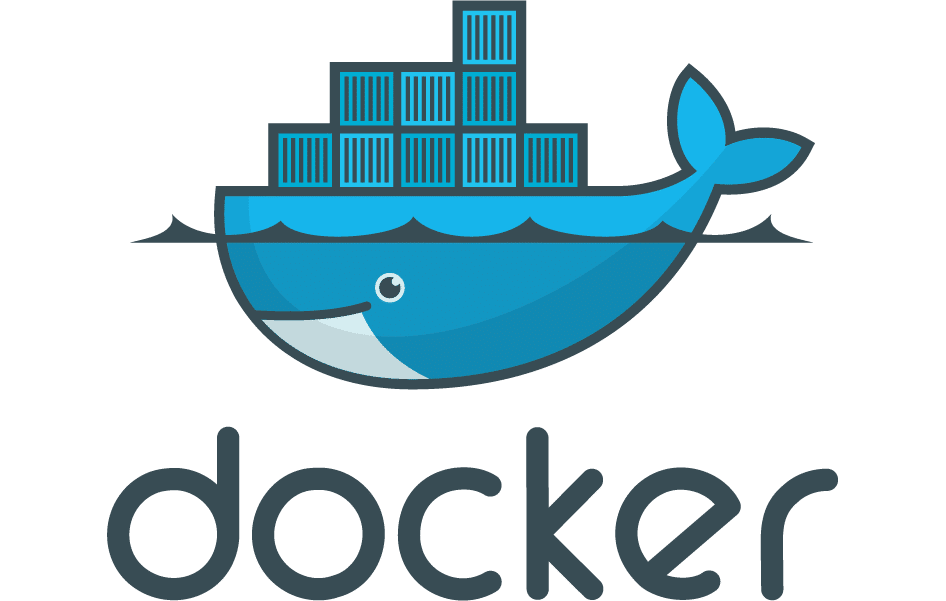
The docker technology will allow for the development of a DevOps team for creating, shipping, and operating functions in an effective way. The main advantage of utilizing Docker for the DevOps managed service is that you can reduce the delay in writing code as well as running it in production.
Docker effectively ensures managing the lifecycle of your containers. As the containers become the unit for distributing and testing the application. Once your application is ready then you can deploy it into production as an orchestrated service.
It makes use of a client-server architecture system in a proper way to handle all communications. The Docker client and daemon communication by utilizing REST, API or UNIX sockets within a network interface. It also lets you work within a set of containers because Docker Daemon communicates for managing Docker services.
Although, it is important to understand that Docker is entirely written on “Go programing language”. Furthermore, it even takes use of a few functions that are based on the Linux Kernel. Docker also makes use of technology which is known as “namesapces”. This technology helps in providing isolated workspaces like containers.
3. Git
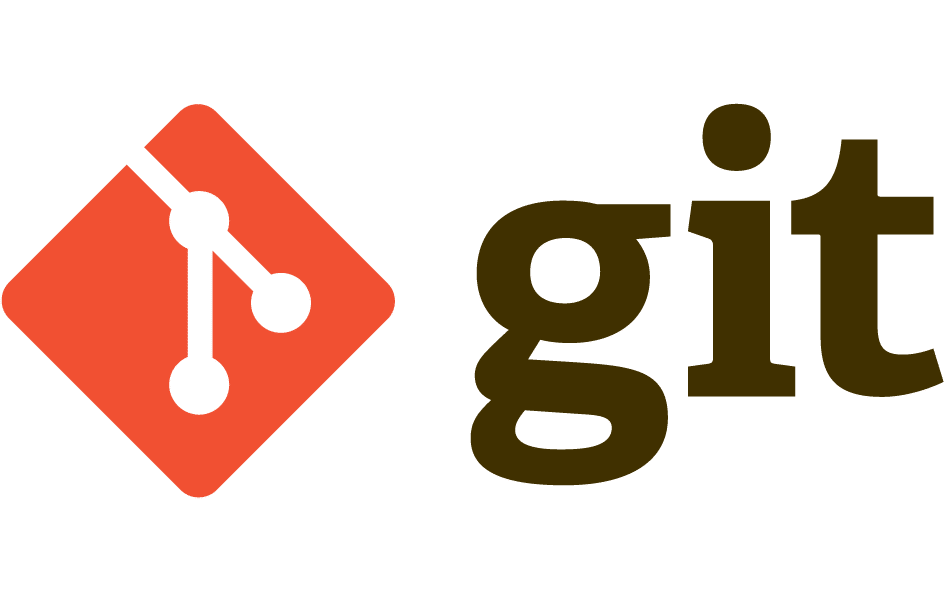
Git is a widely recognized tool among project managers. Here, it is important to understand that version control also provides developers with the key changes and updates in their code. Git DevOps tool is easy for implementing with protocols like: HTTP, SSH, etc. It offers the best functions for best functions with Git happens for the best many reasons.
Git is open-source and it is used to control the entire project phases. As per the “git-scm.com,” Git can effectively outclass SCM tools which are as follows – Subversion, CVS, ClearCase, etc.
Git features three storage tools such as: GitHub, GitLab and cloud-hosted code with repository services. GitLab and BitBucket are designed for enterprise version systems.
4. Jenkins
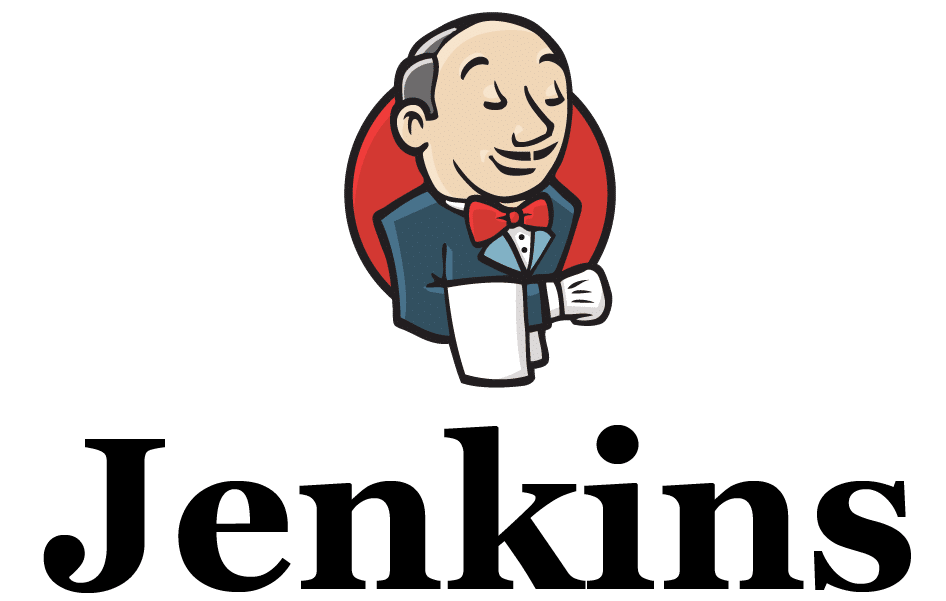
One of the most well-liked open-source CI/CD (DevOps pipeline) tools is Jenkins. All sizes of enterprises utilize it, and it is written in Java. Jenkins is an extremely flexible tool with an enormous number of plugins. As a result, Jenkins could potentially be leveraged for developing almost every pipeline that you require.
5. Azure DevOps
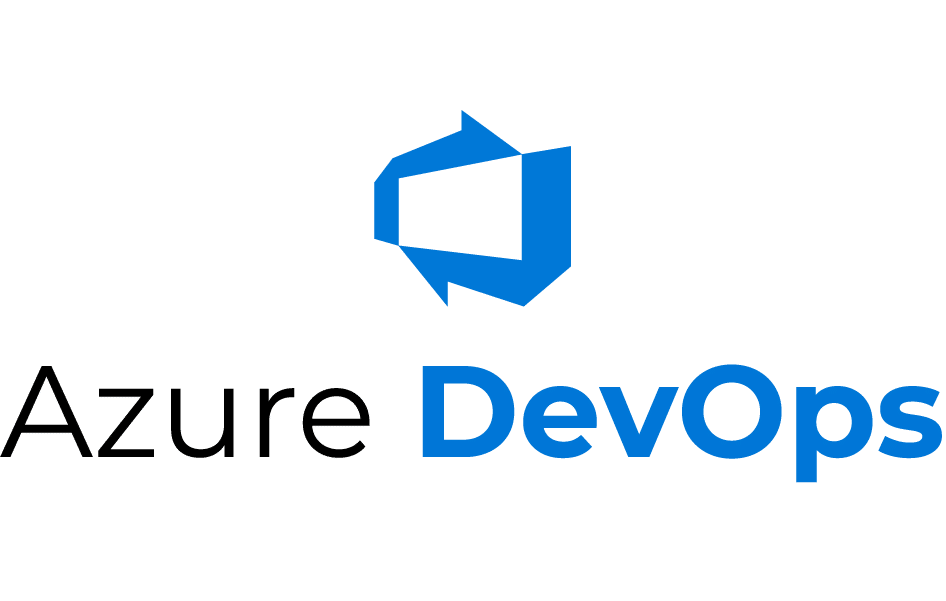
On the other hand, for a simpler transition, Microsoft Azure is an appealing choice for organizations, particularly ones and that depend on Microsoft’s goods like Office, Outlook, and Windows.
To manage projects for software development from conception to completion, Azure offers DevOps for Azure, a service supplied with an arsenal of tools. Both the Azure DevOps Server and the Azure DevOps cloud service are incorporated in this suggestion.
On on-premise construction, the server delivers a run-time environment with cloud-based tools. For software development, testing, and deployment on the cloud, clouds provide tools like Azure boards, Azure Pipeline, Azure reports, Azure test plans, and Azure artifacts.
6. Selenium
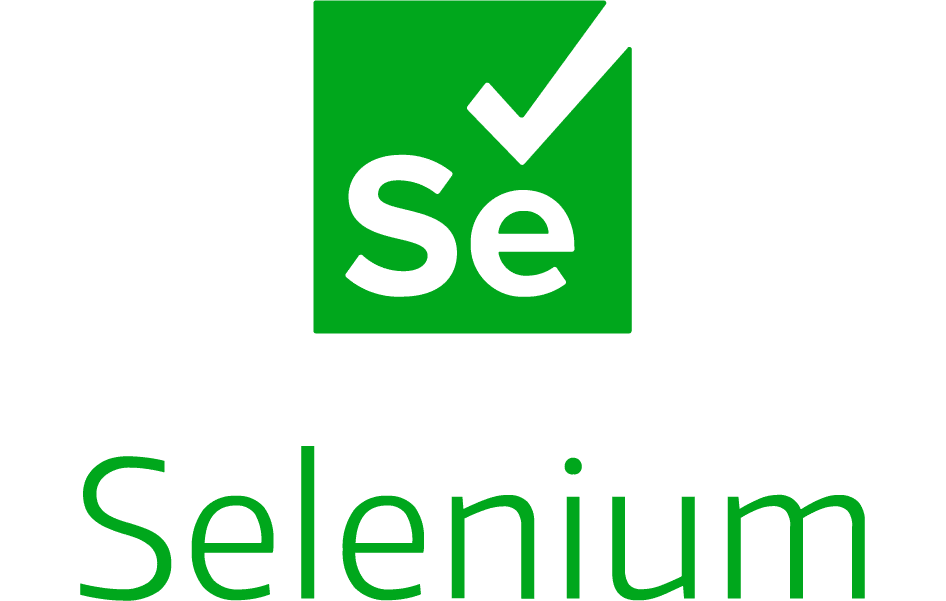
The goal of automation is to reduce human involvement in specific tasks by using technology to carry them out automatically. To execute test cases naturally, evaluate results, and flag flaws, automated testing or test automation utilizes software tools that are not part of the software being developed. To provide end customers with high-quality software, this process is repeated repeatedly. Software development isn’t finished sans testing, which also has a lower misunderstanding rate.
Selenium is a prominent open-source online application testing toolkit that works with all of the important browsers and operating systems, including Linux, Windows, and macOS. Selenium’s compatibility with a wide range of programming languages, including Python, C#, Ruby, Java, JavaScript, PHP, and PERL, alongside a number of other automation test frameworks, constitutes a few of its biggest assets.
7. Puppet
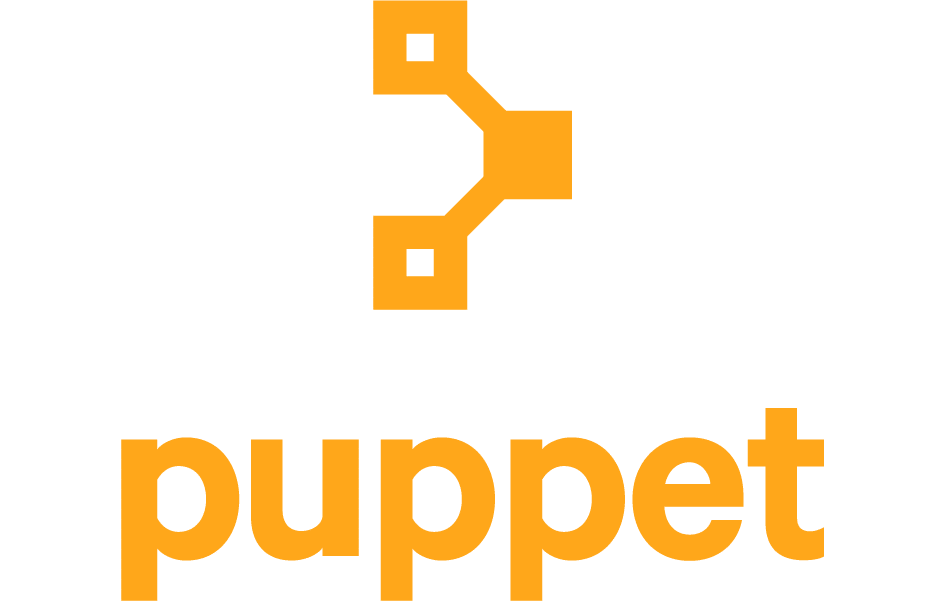
Puppet is just one platform that offers effective ways to mean all the infrastructure across data centers and the cloud. It also helps in reducing the complexities of managing hybrid infrastructure. Apart from this, you can connect with cloud DevOps consulting services for proper operations.
8. Katalon Studio
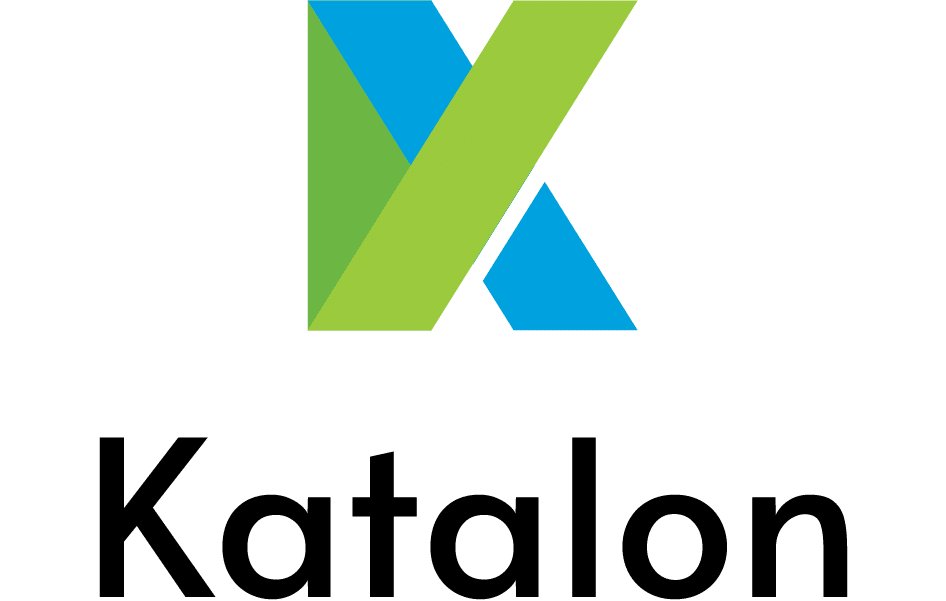
Katalon TestCloud for cloud-hosting solutions which is used for providing on-demand and secure multi-browser testing environments. The project manager also helps in commencing test automation projects.
Apart from this, Selenium-based testing is also popular among developers. During this form of testing testers mainly give preference to Katalon Studio. Moreover, it even offers various built-in features for building test cases that are related to specific users.
9. Ansible
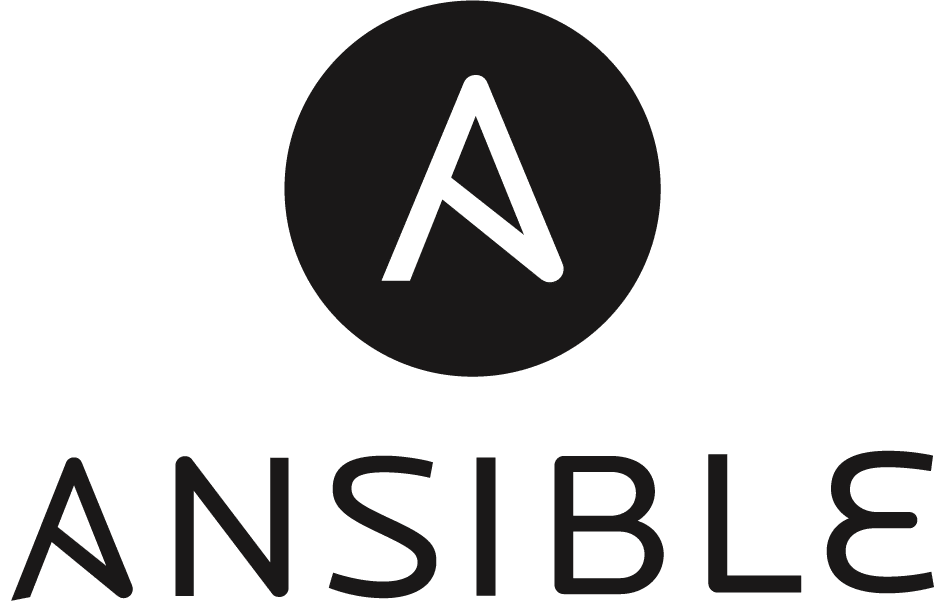
The modularity of Ansible’s code allows Ansible for managing infrastructure. It incorporates around 300 modules with API endpoints in various public and private cloud-enabled technologies. Ansible’s library also supports modules and it is easy to provision cloud infrastructure. It also ensures that cloud deployments should work seamlessly with a single system formation. It is also an automation tool that allows for configuration and deployment with zero downtime rolling functions.
10. QA Wolf

The best thing about QA Wolf is that there is no requirement for any installation or setup. You do not need to even download or install any new software. You can directly login-in to the dashboard because everything that you need is already present in the dashboard.
The use predefined plug-ins that are located in the dashboard. Apart from this, QA Wolf is used for all types of tests whether you want to test basic application functions the critical application functions. For the optimum use of this tool, you can search for the best DevOps consulting services.
Also Read: Transform Businesses: Key Strategies Behind Successful App Development
How Does DevOps Work?
DevOps is a collaborative approach that combines development (Dev) and operations (Ops) teams to streamline software development processes. The below process incorporates the working process of DevOps.
1. Collaboration
DevOps promotes collaboration and communication between development and operations teams, breaking down silos and fostering a shared understanding of project goals. It helps into establishing transparent communication.
2. Continuous Integration and Continuous Deployment (CI/CD)
It emphasizes automation and the use of CI/CD pipelines to enable frequent and consistent code integration, testing, and deployment. This helps reduce errors and ensures faster delivery of software updates.
3. Infrastructure as Code (IaC)
DevOps utilizes IaC, where infrastructure configuration is managed through code, allowing for easier provisioning, configuration, and management of infrastructure resources.
4. Automation
Automation plays a crucial role in DevOps, enabling repetitive tasks to be automated, such as testing, deployment, and monitoring. This reduces manual effort and increases efficiency.
5. Continuous Monitoring and Feedback
DevOps encourages continuous monitoring of applications and infrastructure, collecting feedback and insights to identify and address issues promptly. This helps improve the overall quality and performance of the software.
6. Agile Practices
DevOps aligns with agile development principles, promoting iterative development, rapid feedback, and adaptability to changing requirements. This ensures that software development and operations remain flexible and responsive.
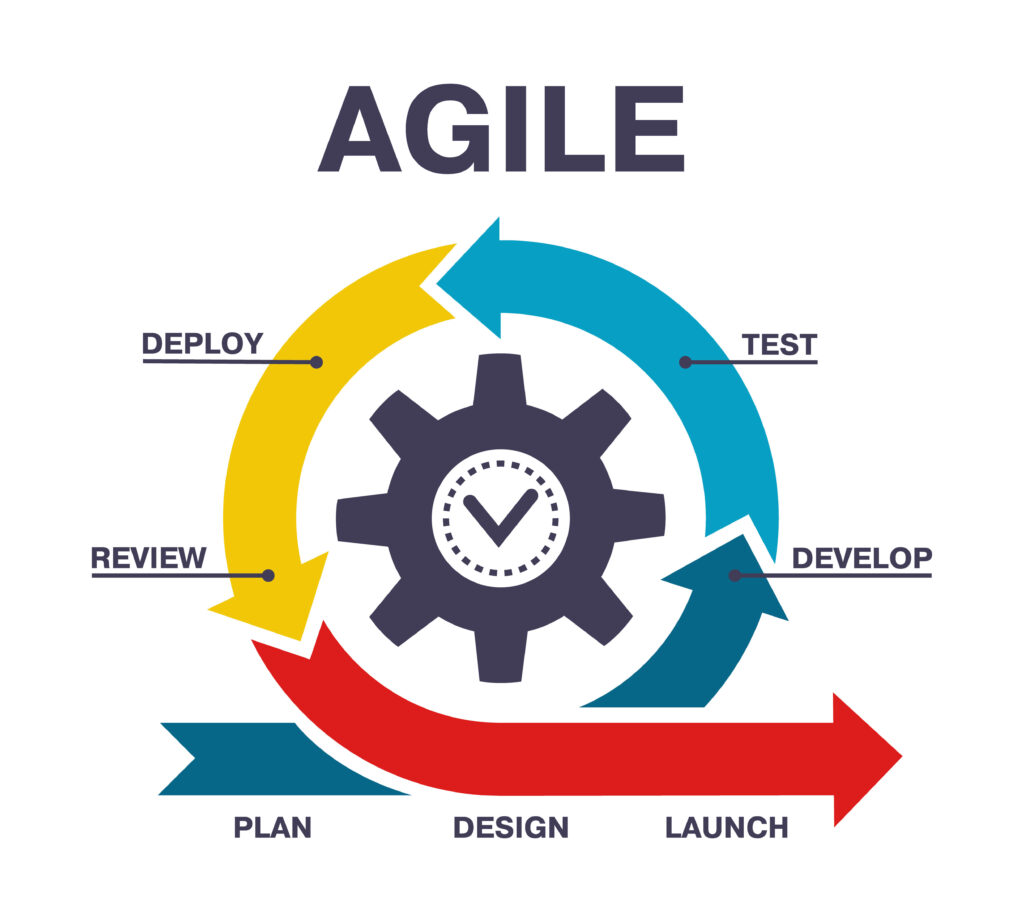
7. DevOps Toolchain
Various tools are used in the DevOps toolchain to support collaboration, automation, and monitoring. These tools can include version control systems, build servers, configuration management tools, containerization platforms, and monitoring tools.
8. Culture and Mindset
DevOps is not just about tools and processes; it also requires a cultural shift. It encourages a collaborative and agile mindset, where teams take ownership, embraces continuous learning, and strive for continuous improvement.
Benefits of DevOps Consulting Services
It is true that DevOps is a highly evolving philosophy and framework which effectively encourages faster application development. As, the practice of DevOps is smooth and it also encourages complete transparency in the operations.
Now, we’ll tell you about the benefits of DevOps which will help you to make more profound decisions for implementing DevOps.
Also read: Explore the Leading iOS App Development Trends
Top 3 Methods for DevOps
Scrum, Kanban, and Agile are all project management frameworks that emphasize flexibility, collaboration, and iterative development.
1. Scrum
Scrum is an Agile framework that focuses on delivering value through small, cross-functional teams working in short, time-boxed iterations called sprints. It emphasizes frequent communication, transparency, and adaptability
2. Kanban
Kanban is a visual project management method that emphasizes flow and limiting work in progress (WIP). It encourages teams to pull work based on capacity and priorities, rather than pushing tasks onto the team.
3. Agile
Agile is a mindset and a set of principles that guide software development. It emphasizes iterative and incremental development, customer collaboration, and responding to change.
Final Words
To bring out the plethora of benefits into your business process you should emphasize on DevOps. The implementation of DevOps will increase the development speed and make the process faster. You can drive remarkable business results with DevOps.
At Amplework, we offer reliable DevOps development services to all businesses that want to transform their business operations. We’re an ISO-certified organization and our prowess developer incorporates years of experience in developing results-oriented tech solutions.


 sales@amplework.com
sales@amplework.com
 (+91) 9636-962-228
(+91) 9636-962-228





